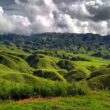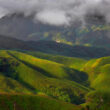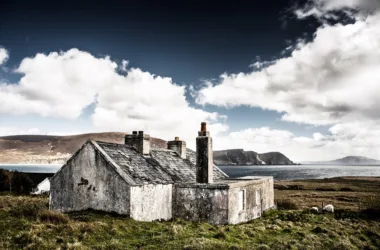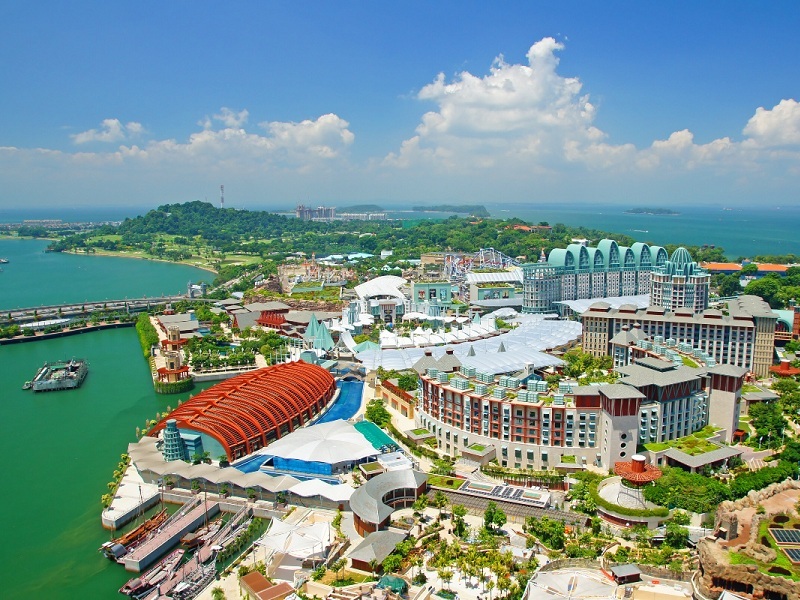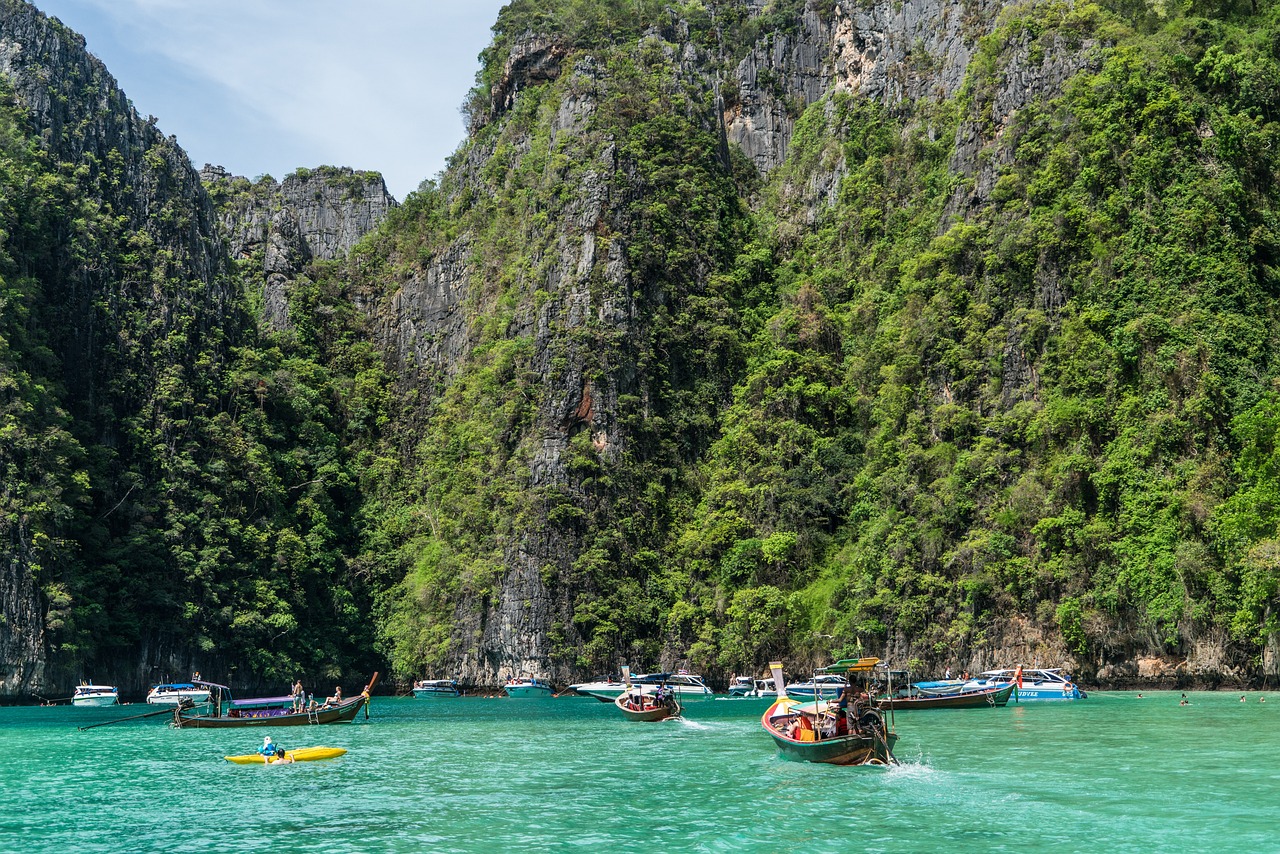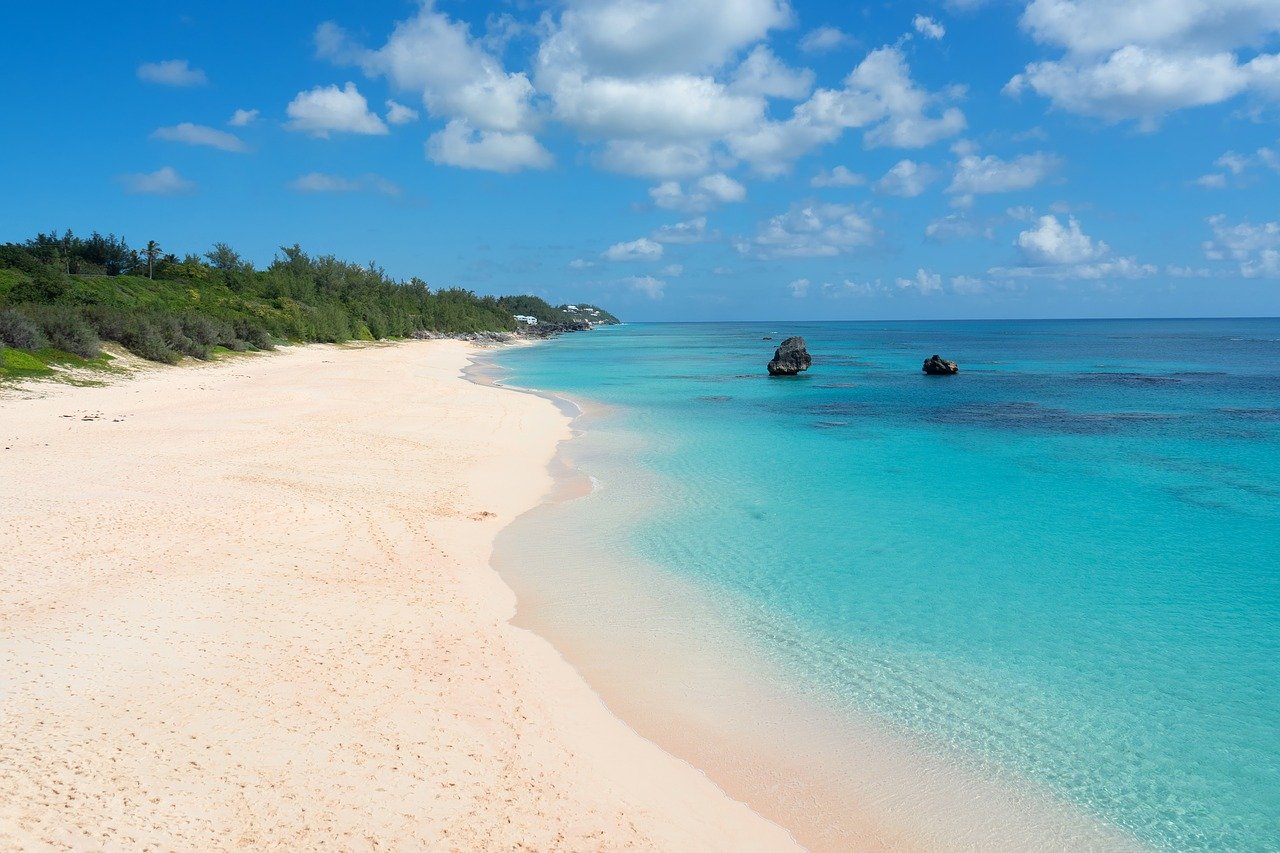Islands
An island is a piece of land that is completely surrounded by water. Islands can be found in oceans, seas, rivers, and even lakes. They can vary greatly in size, from small rocky outcroppings to large land masses like Greenland and Borneo. Some islands are volcanic in origin, while others are the result of erosion or the rise of sea levels.
Islands can be inhabited or uninhabited, and their inhabitants can have a wide range of cultures and ways of life. Many islands are popular tourist destinations due to their natural beauty, beaches, and unique ecosystems. Some islands are also important for their natural resources, such as oil, minerals, and timber.
Islands can also be classified as continental islands, which are part of a continent and share the same geology or volcanic islands, formed by volcanic activity, and coral islands, formed by coral reefs.
Islands can be found all over the world, with the largest concentration in the tropical regions of the Pacific and Indian Oceans.

